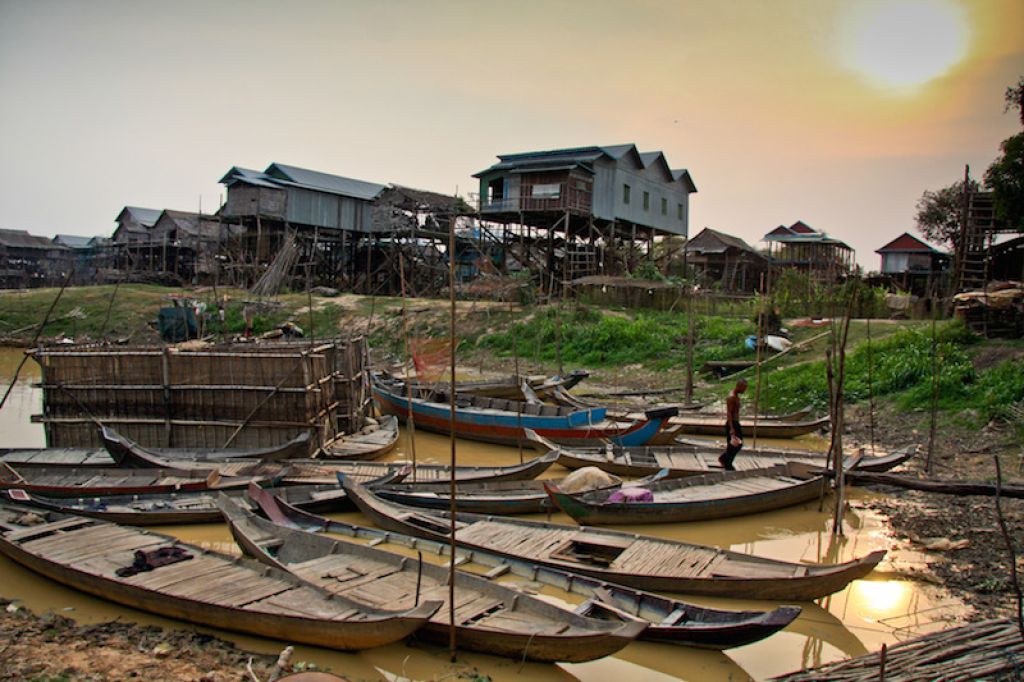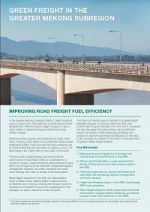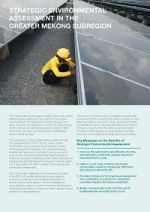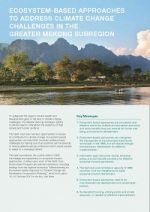21st Annual Meeting of the GMS Working Group on Environment
The 21st Annual Meeting of the Greater Mekong Subregion (GMS) Working Group on Environment (WGE AM21), held on 23 June 2015 in Bangkok, Thailand, was chaired by Dr. Wijarn Simachaya, Deputy Permanent Secretary, Ministry of Natural Resources and Environment (MNRE), Thailand (morning, first half), Dr. Prasert Sornsathapornkul, Director, National Park and Protected Area Innovations Institute, Department of National Parks, Wildlife and Plant Conservation, MNRE (morning, second half), and Dr.






